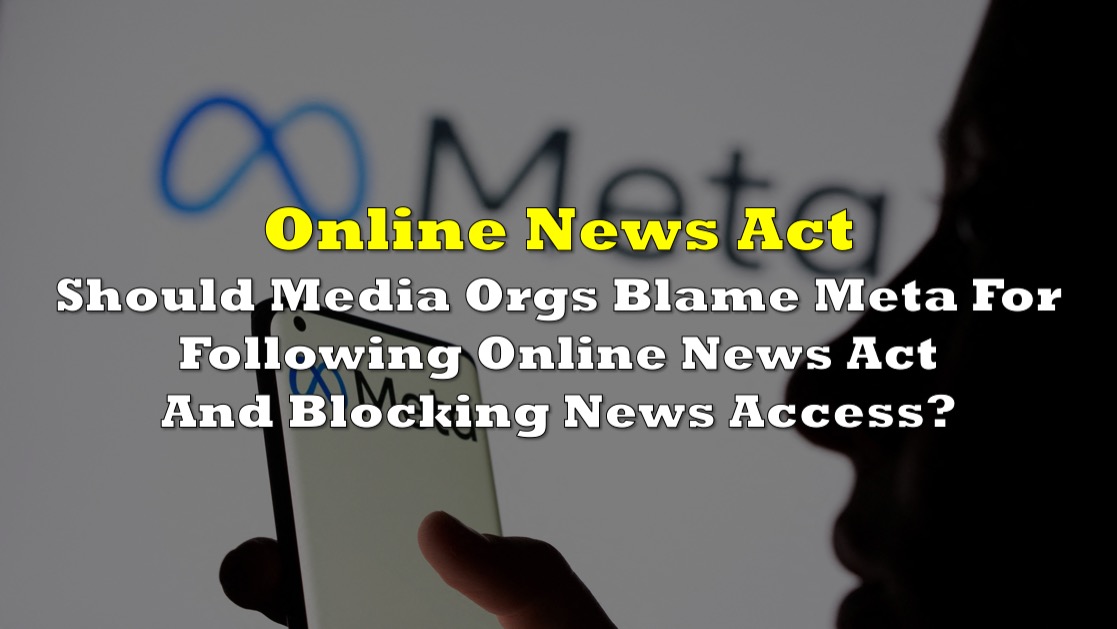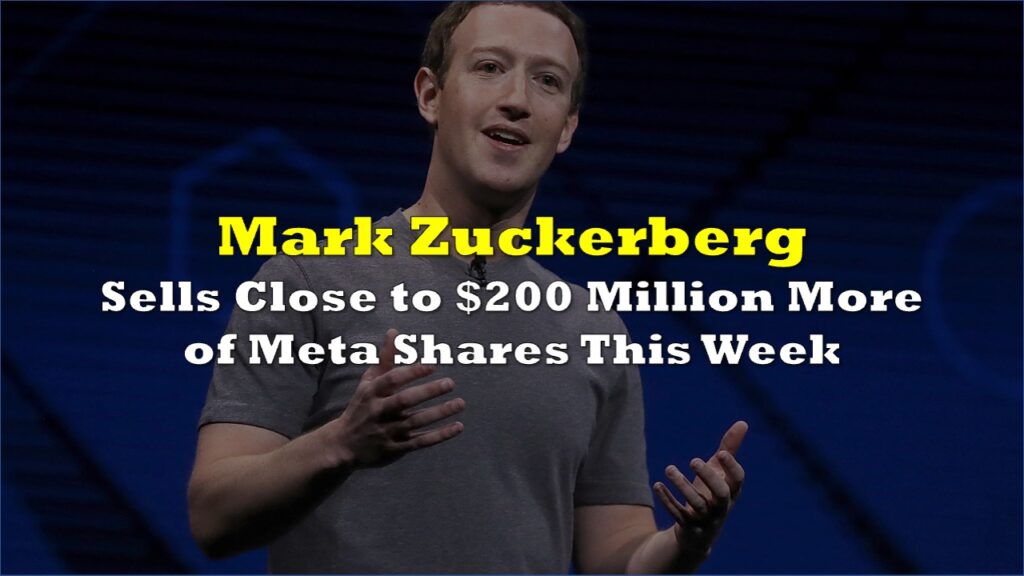In what could be considered a circus-like finger pointing, a coalition comprised of broadcasters and publishers has united in a call for the Competition Bureau to launch an inquiry into Meta Platforms’s (NASDAQ: META) recent action of blocking Canadian users from accessing news content on Facebook and Instagram. However, it is noteworthy that the tech company’s action was merely taken in response to the federal government’s enactment of the Online News Act.
In a collective communication addressed to Commissioner of Competition Matthew Boswell, this consortium urges the competition watchdog to exert its authority to compel Meta to reverse its course. The group contends that the tech giant has misused its dominant position and engaged in anti-competitive behavior.
Several news organizations, including @NewsMediaCanada, @CAB_ACR & @CBC, have come together to ask Canada’s Competition Bureau to investigate Meta’s decision to block news content from its platforms for users in Canada.https://t.co/2YFQBKndSm
— Canadian Association of Journalists (@caj) August 8, 2023
The alliance, which includes prominent members such as the CBC, the Canadian Association of Broadcasters, and News Media Canada, underscores in their letter that Meta’s decision to remove access to this crucial distribution channel has inflicted deliberate harm upon news organizations. This includes outlets like The Globe and Mail, an affiliate of News Media Canada that represents a wide range of daily and community media platforms.
“If Meta is allowed to proceed unchecked, it could inflict significant damage to Canadian news organizations’ ability to offer quality news services to Canadians, which is critical to the functioning of a free and democratic society,” the letter said.
Initiating this move in response to the Online News Act, also known as Bill C-18, Meta has restricted Canadians’ access to news this month. The Online News Act was designed to level the playing field for the news industry, which now competes with tech giants for advertising revenues. The legislation mandates that Meta and Google compensate publishers for the use of their news content.
In a similar vein, Google has indicated that it might remove Canadian news from its platforms in Canada once the law takes effect later in the year. Unlike Meta, Google is actively engaging in discussions with the government regarding the regulatory framework that will govern how the law applies to online platforms. Meta has expressed that regulatory changes alone would not suffice to address its concerns.
Both Meta and Google had previously advocated for amendments to the Online News Act during federal committee hearings, seeking to mitigate the financial implications imposed upon them. However, the government proceeded with passing the bill without adopting their proposed changes. Exiting the news market would exempt the companies from the provisions of the act.
“The Online News Act is based on the incorrect premise that Meta benefits unfairly from news content shared on our platforms, when the reverse is true. News outlets voluntarily share content on Facebook and Instagram to expand their audiences and help their bottom line,” Meta said in a statement. “People in Canada can continue to access news online by going directly to news publishers’ websites, downloading mobile news apps and subscribing to their preferred publishers.”
The consortium of news organizations, in their correspondence to the Competition Bureau, maintains that social media platforms have now become a crucial conduit for media outlets to connect with audiences. The act of Meta blocking news content is viewed as a significant disruption to the distribution channels through which Canadian news organizations disseminate their content.
Yup. It’s troubling to think the people in charge of the nation’s media and culture are actually this brain dead stupid. https://t.co/vViK0ECSnh
— Peter Menzies (@Pagmenzies) August 8, 2023
Marla Boltman, the executive director of Friends of Canadian Broadcasting, a nonprofit advocacy group, expresses anticipation for the Competition Bureau’s intervention to safeguard Canadian consumers. However, Michael Geist, the Canada Research Chair in internet law at the University of Ottawa, counters this stance in a blog post, arguing that the complaint lodged against Meta is flawed.
“The Senate heard testimony that social media constituted between 17 and 30 per cent of referral traffic for news sites. That is valuable and its loss will have an impact, but it in no way can be credibly described as substantial control over access to news, much less the news industry,” Geist said.
Despite the differing viewpoints, it’s recognized that Meta’s withdrawal from the news landscape could still result in substantial financial losses for the news industry. These losses could include the dissolution of existing voluntary agreements between publishers and Meta, as well as potential future deals arising from the Online News Act. Publishers could also forego revenue generated from traffic directed to their websites via Facebook and Instagram.
During the legislative process, the federal Heritage Department estimated that the Online News Act could generate approximately $215 million in revenue from tech giants for the news industry. A significant portion of this sum was expected to be contributed by Meta.
In a separate report by Le Devoir, Rachel Curran, Meta’s head of public policy in Canada, expressed optimism that the Canadian government would amend the bill to enable both Google and Meta to continue supporting journalism and local news.
Information for this briefing was found via Meta and the sources mentioned. The author has no securities or affiliations related to this organization. Not a recommendation to buy or sell. Always do additional research and consult a professional before purchasing a security. The author holds no licenses.









